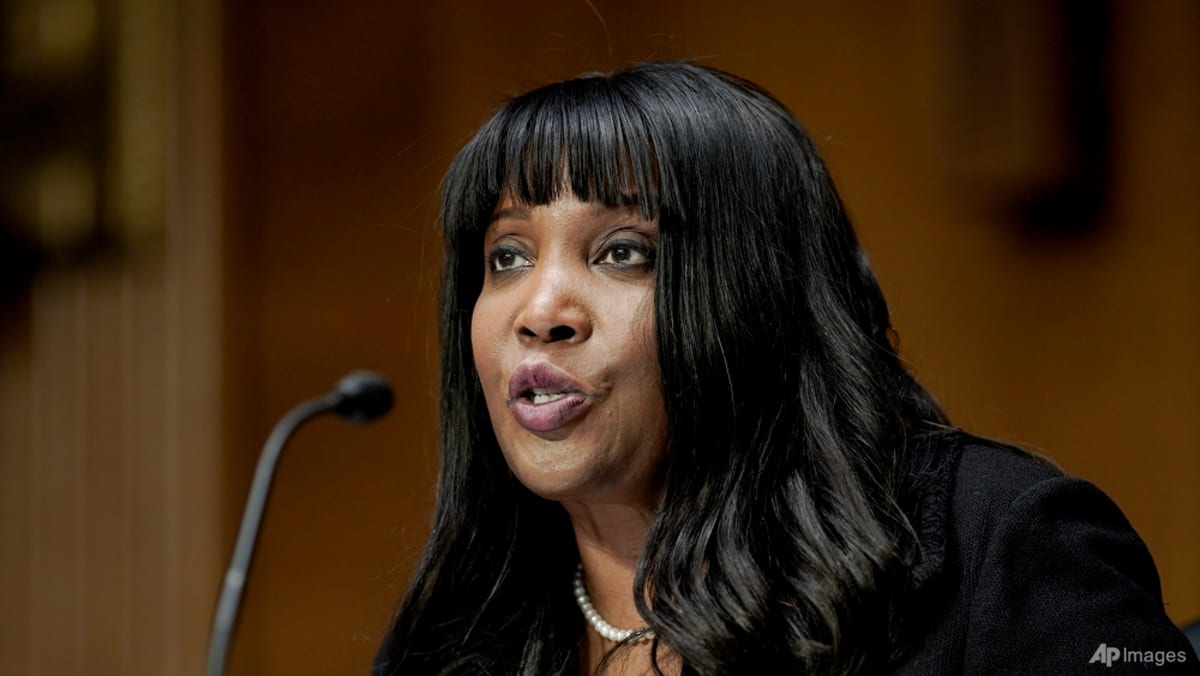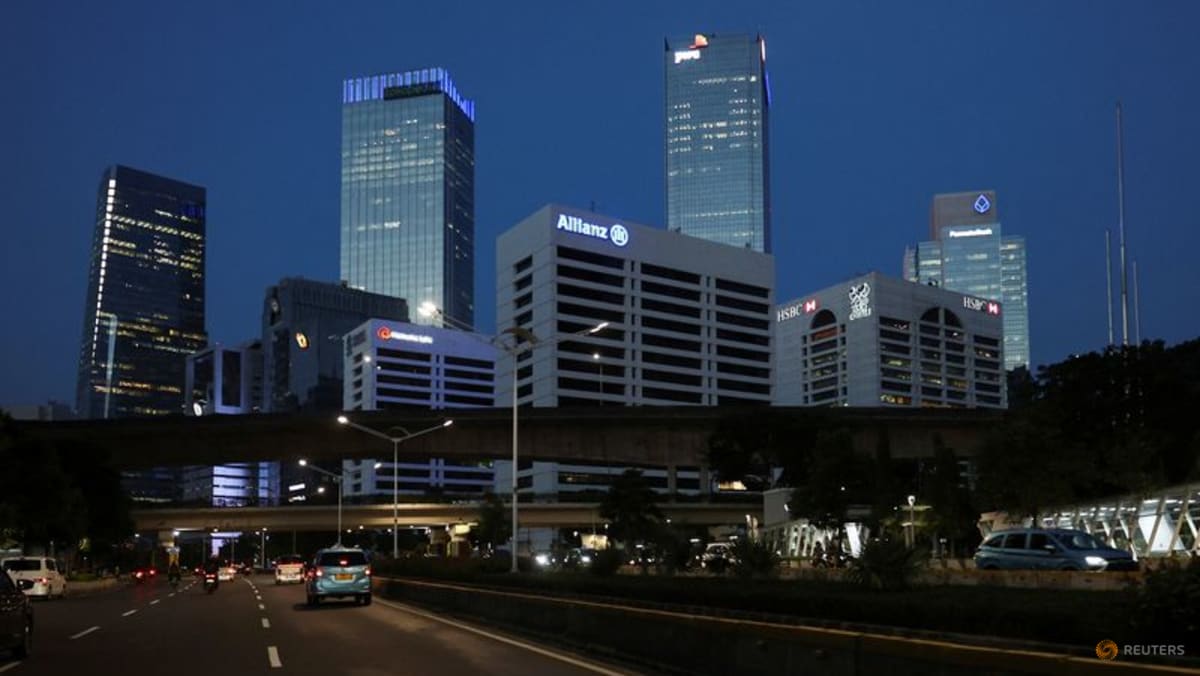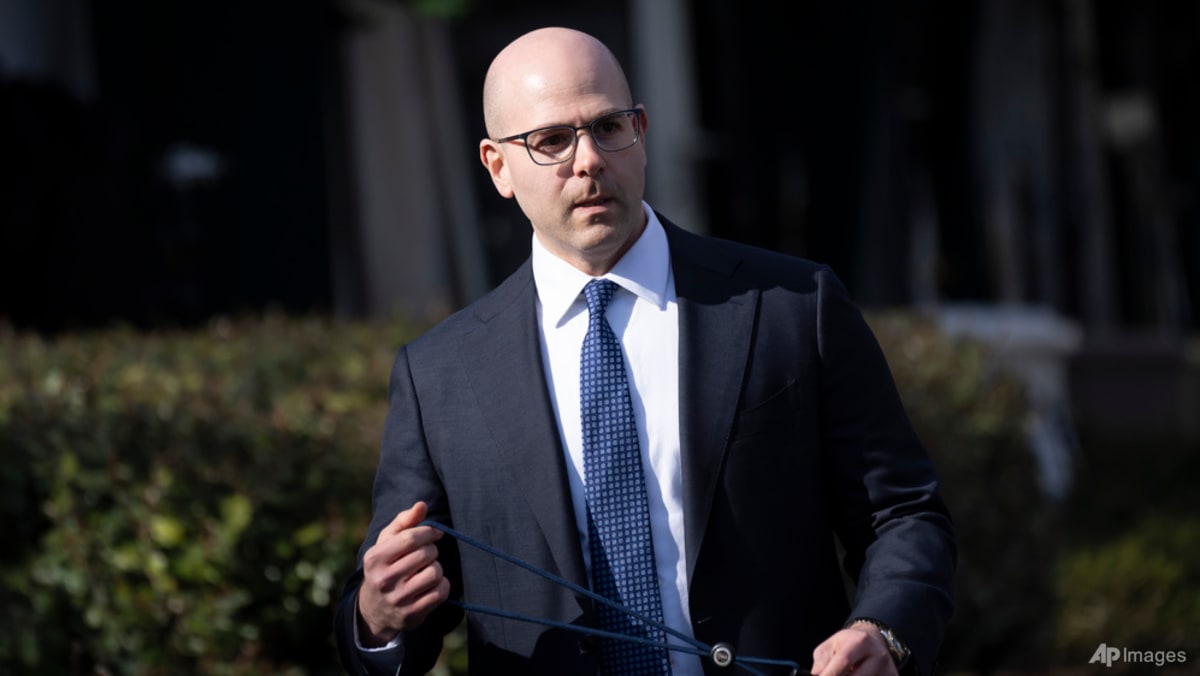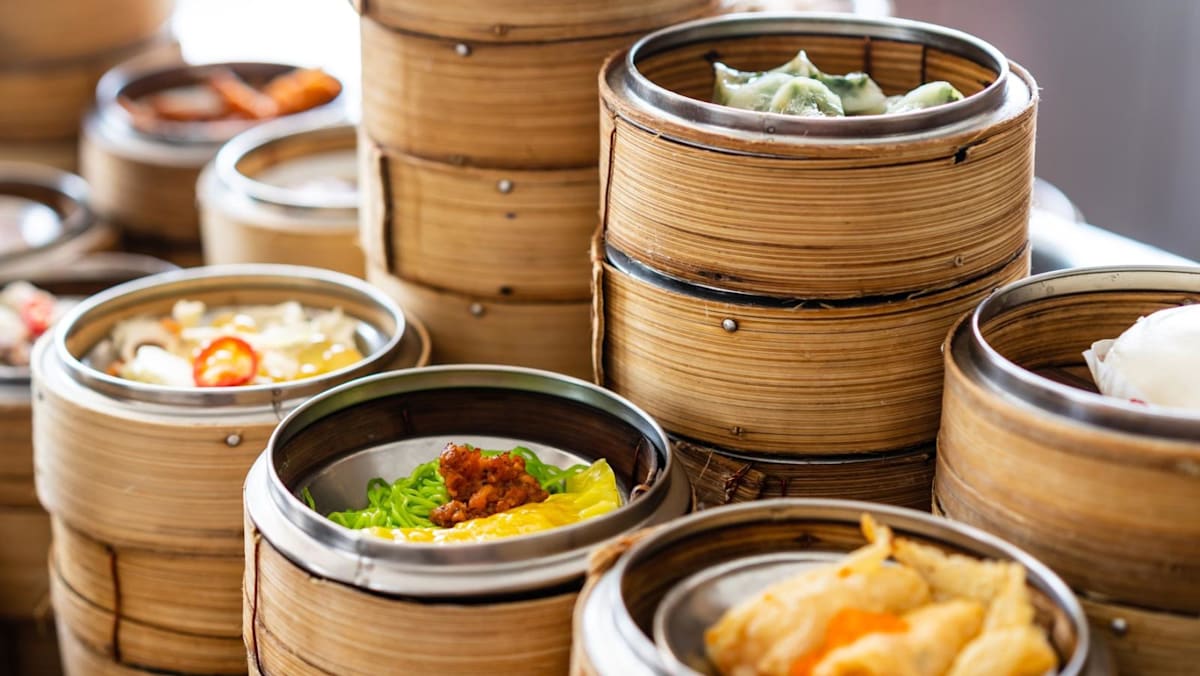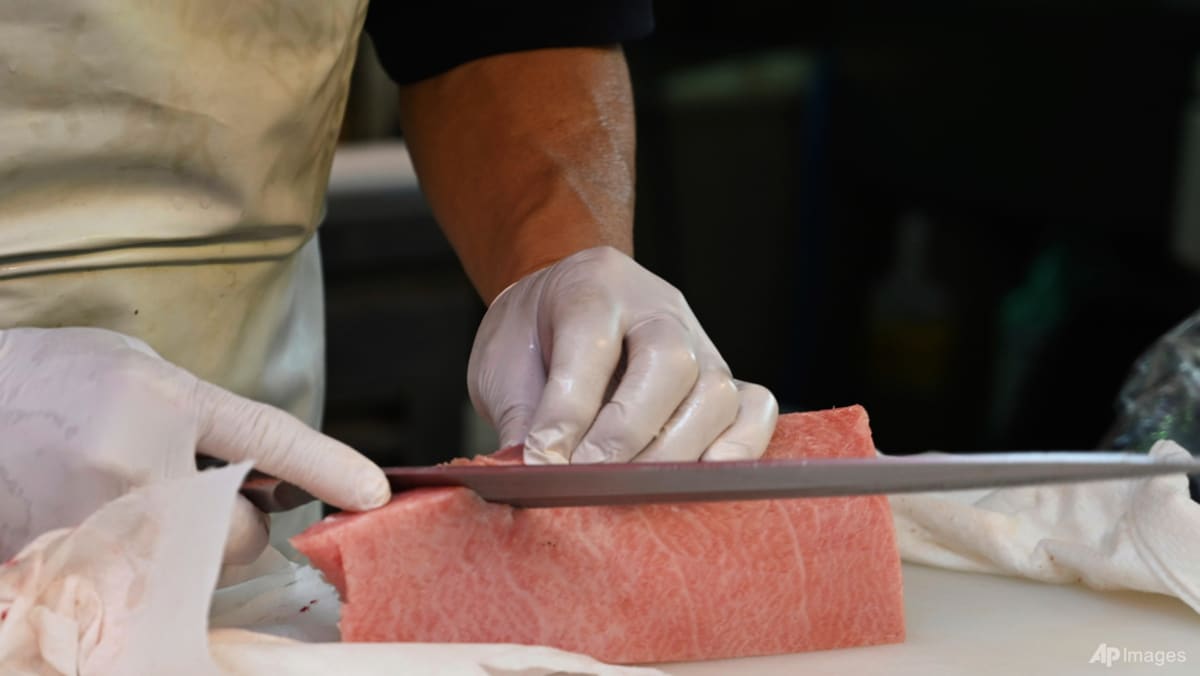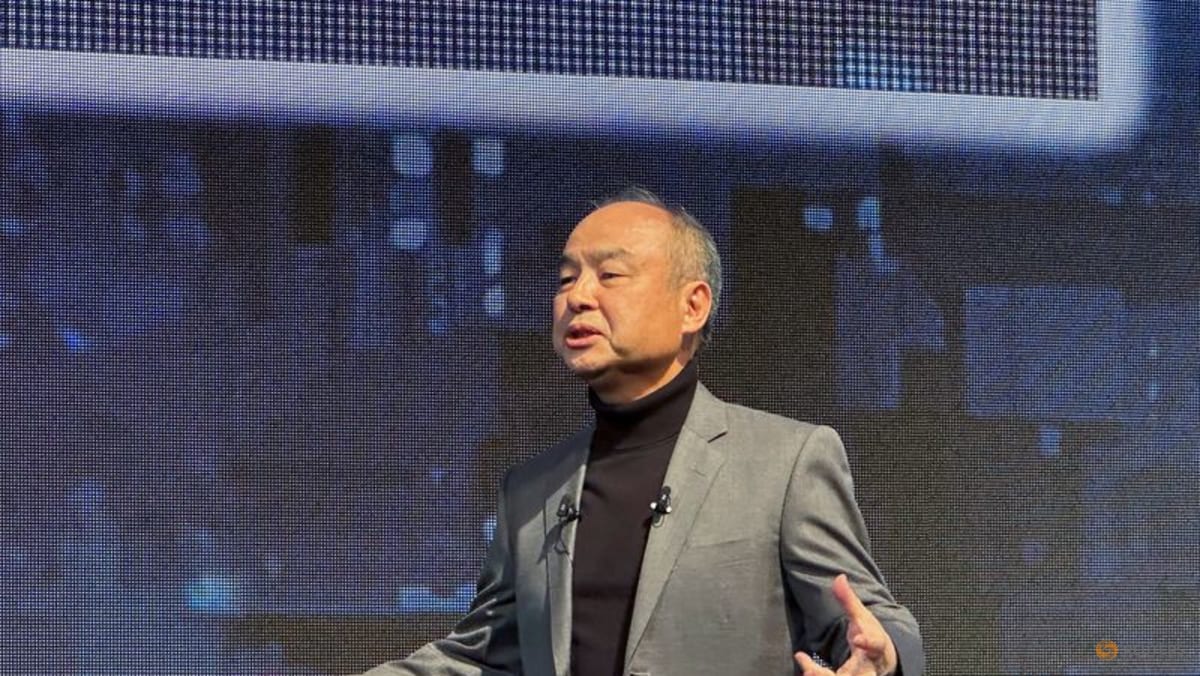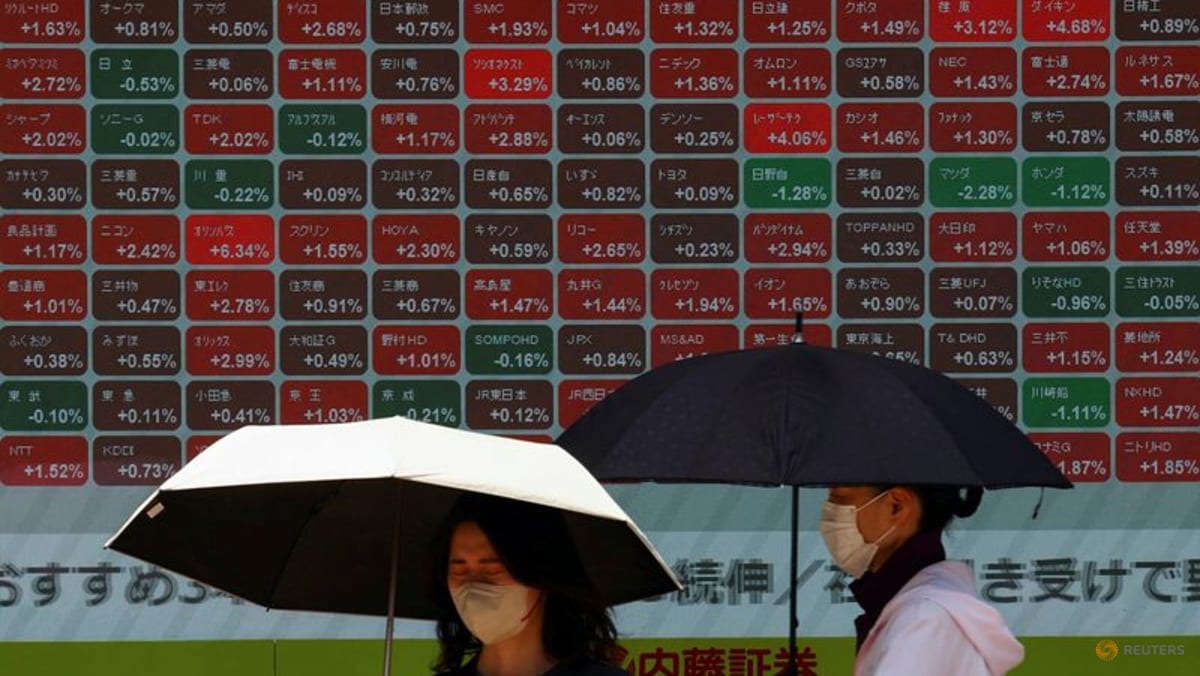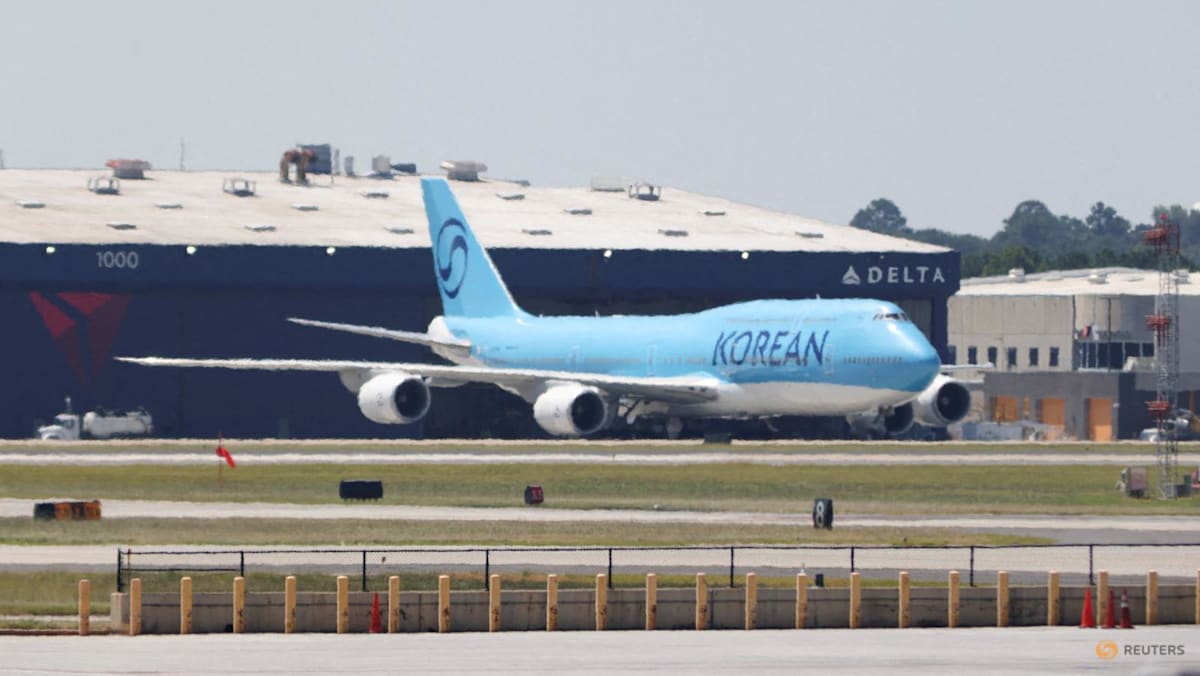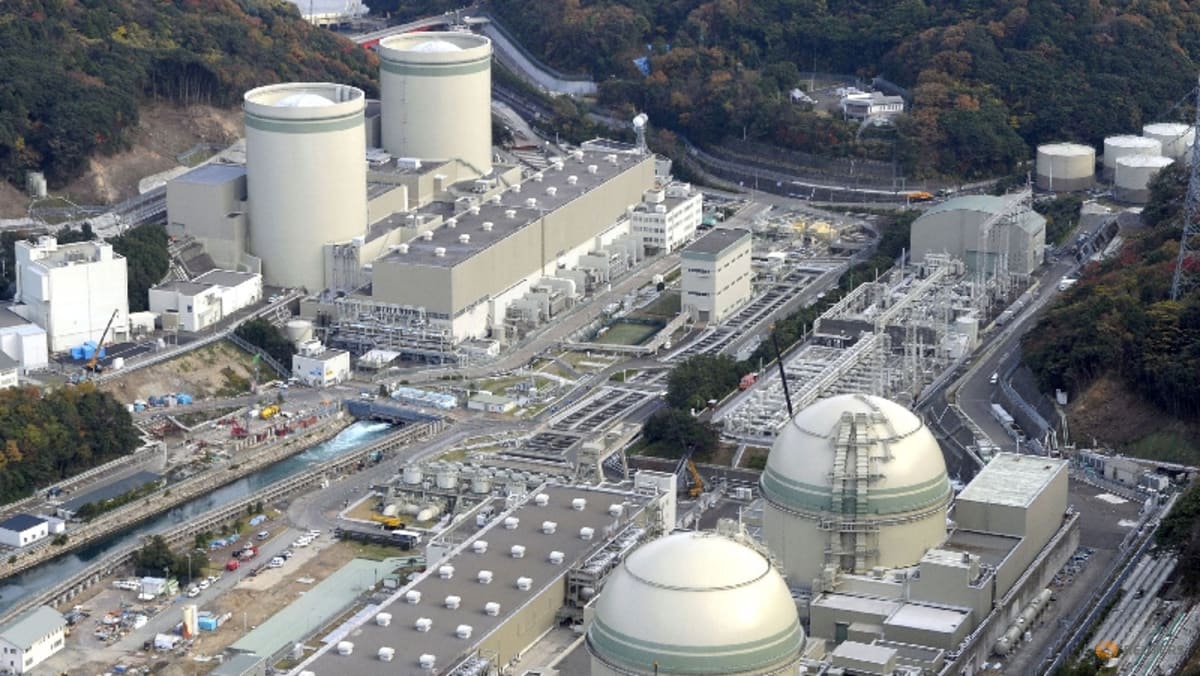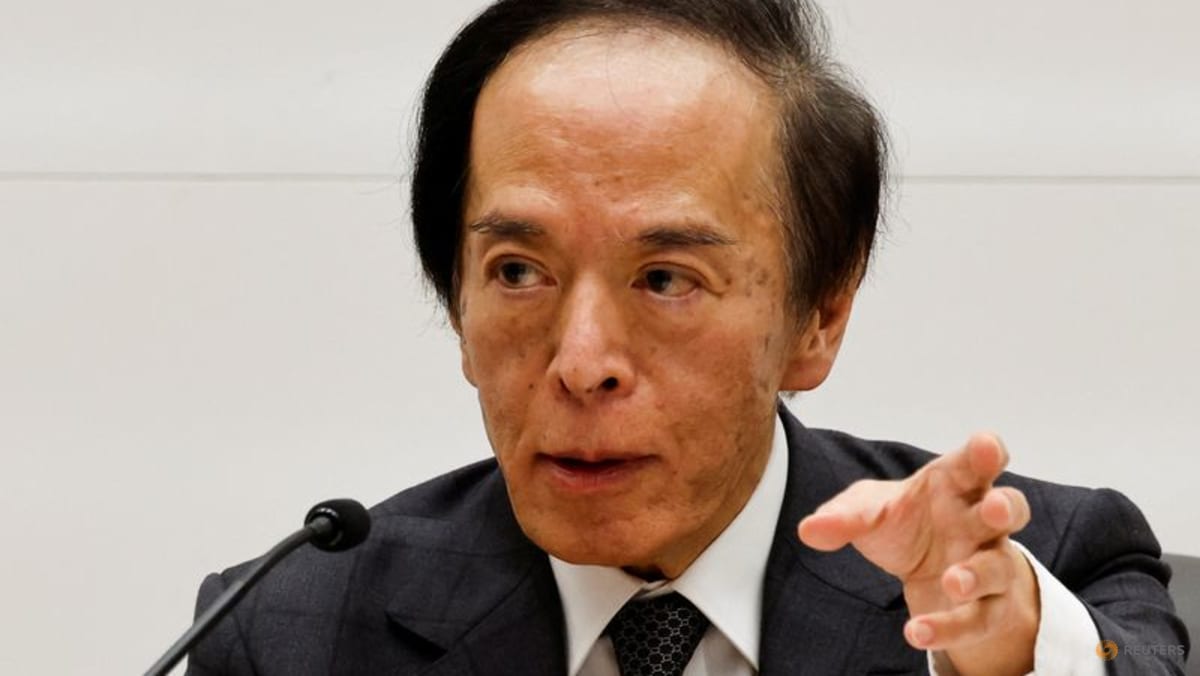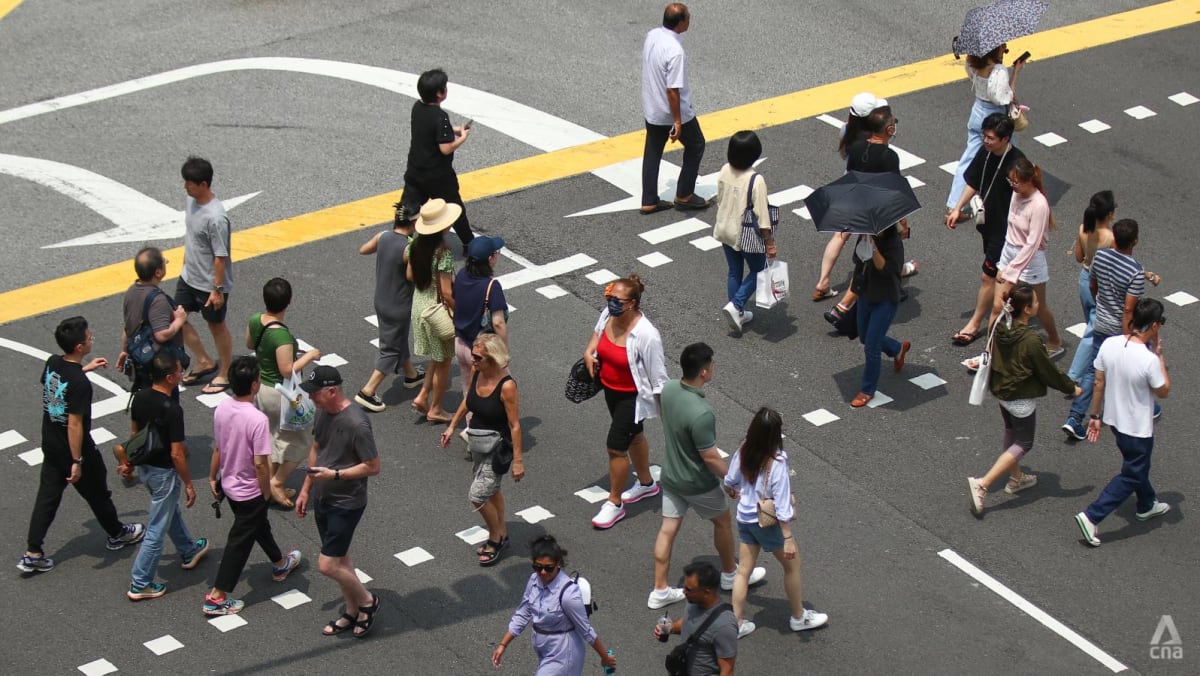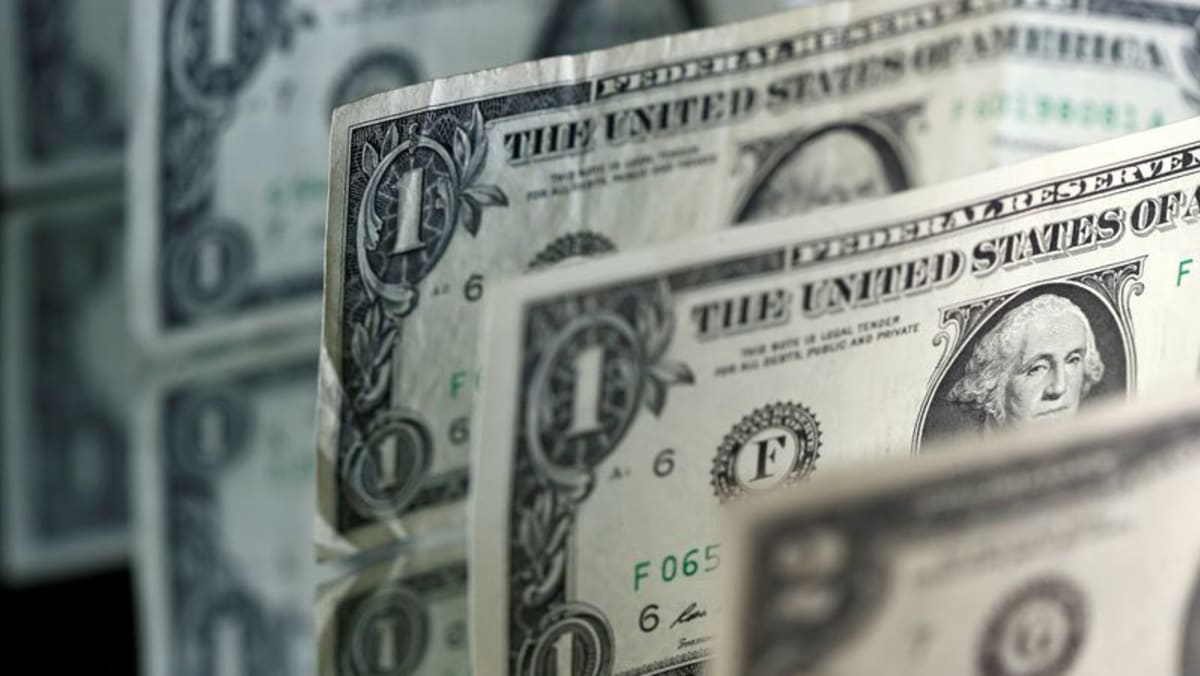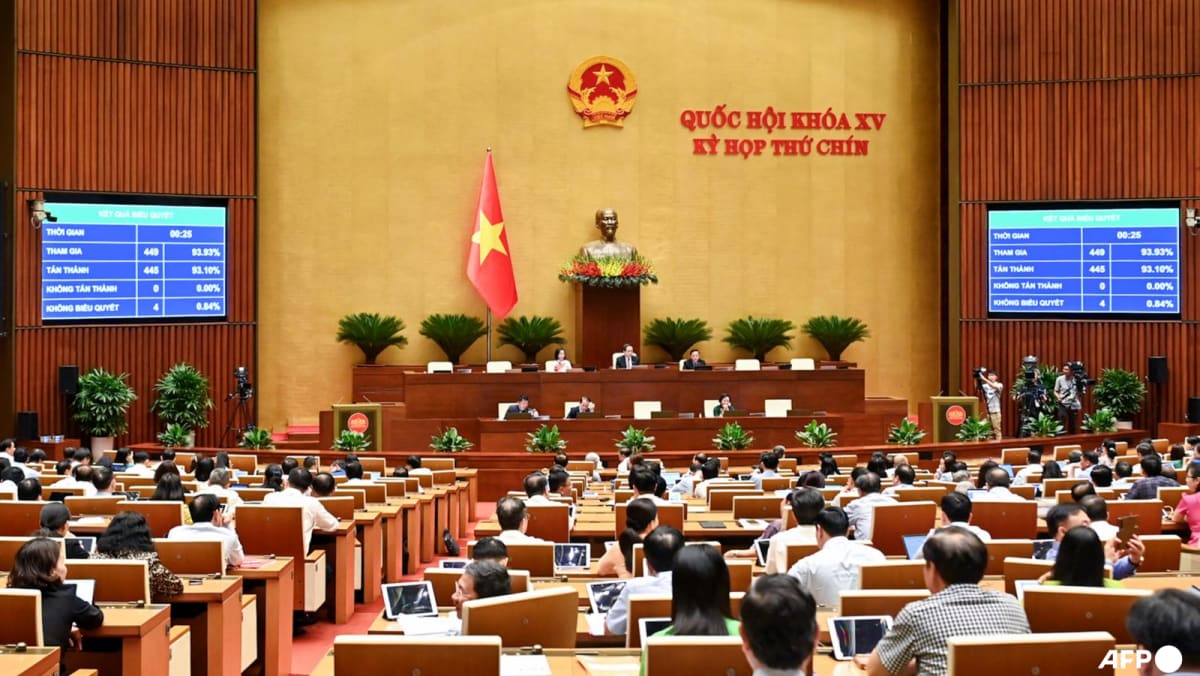Thailand has been gripped by political turmoil in recent weeks, with Prime Minister Paetongtarn Shinawatra suspended from duty on Tuesday (Jul 1) by the country’s Constitutional Court.
The court accepted a petition signed by 36 senators, who accused her of violating ethical standards in a leaked phone call with Cambodia's influential former leader Hun Sen over an ongoing border dispute between the two countries.
While Thailand’s defence chief on Monday dismissed speculation about the possibility of a military coup, analysts said it cannot be ruled out.
Since absolute monarchy ended in 1932, the kingdom has had 13 successful military coups and several attempted ones, with the most recent in 2014.
“Quite a lot of people in Thailand would be reluctant to see another military coup. But of course, you can never rule it out,” said Kevin Hewison, Weldon E Thornton Distinguished Professor of Asian Studies at the University of North Carolina at Chapel Hill.
“The military has been part of the coalition that has destabilised the current government, so they're working against the government. That was one of the things that Paetongtarn said to Hun Sen,” he added.
In their phone call, which triggered domestic outrage and led to a key party abandoning her coalition, Paetongtarn had declared that elements of her country’s army were “opponents”.
“NOT OFF THE TABLE”
Thitinan Pongsudhirak, professor of political science and international relations at Chulalongkorn University, concurred that while there is reluctance for another coup to happen, the option “is not off the table”.
“It's very sad and frustrating to say … but in the past 20 years, Thailand has seen a series of interventions, either from the military or judiciary, sometimes paved by street protests, and that has led to undemocratic changes of government,” he told CNA’s Asia Now.
After the last military coup a decade ago, the country’s economy suffered and it faced international criticism, Pongsudhirak noted.
“So (the military) would be reluctant, I think, to intervene in the same fashion. But the longer this drags on, if Thailand becomes intractable, ungovernable, nothing gets done … then there'll be calls for them to break the impasse somehow,” he added.
“Either you have a judicial intervention, this dissolution of ruling parties, or you have a military intervention. And that's been the way; it's been systematic. There's a pattern to it.”
Hewison noted that Thailand’s Cabinet reshuffle on Tuesday, which came just before Paetongtarn’s suspension, also left the position of defence minister vacant.
“The military does have an opportunity to move, and it would do that if it saw that there was political instability or a political vacuum. In Thailand, with its history, you can't rule out a military coup,” he told CNA’s Asia First.
He also pointed out some similarities between the latest developments and what happened in Thailand in 2006 and 2014. Then, the military had launched coups against Paetongtarn’s father and aunt respectively – former prime ministers Thaksin Shinawatra and Yingluck Shinawatra.
Veteran protest leader and publishing magnate Sondhi Limthongkul, who called for a coup in 2006, took to the streets of Bangkok over the past weekend, joining thousands of protestors who demanded Paetongtarn’s resignation.
Limthongkul addressed crowds at a major rally on Saturday, saying he “won’t object if the military does something”. But he added that the army should not run the government again.
Still, Bangkok-based political and business advisor Jay Harriman said a coup is a “lower probability outcome” in his books.
“I think that the military will likely wait in the wings and allow the courts and the parliament to provide the political direction,” he told CNA938.
“Only if these mechanisms fail to create a political breakthrough and a path forward will we see them step in and take over.”
ECONOMIC WOES
Analysts also noted that this political crisis comes at a time when Thailand’s economy is already struggling.
It is set to begin tariff negotiations on Thursday with the United States, which imposed a 36 per cent import levy on Thai imports in April.
These were part of sweeping tariffs on US trade partners, which were reduced to a baseline 10 per cent until the deadline for negotiations expires on Jul 9.
“Thailand will always survive. We have had the most (military) coups in Asia and third most in the world, yet we can continue to push forward,” Harriman said.
“But I think the economy is in a precarious position … The economic challenges here in Thailand are much deeper than a rate cut and some tariff reprieves from (US President Donald) Trump,” he added, referring to Thailand’s central bank cutting its key interest rate in April for the second time in about three months.
He also pointed out that the country’s gross domestic product (GDP) growth is “lagging behind” its regional peers.
Last month, it slashed its GDP forecast for this year by one percentage point amid a global trade war and weak domestic consumption.
Hewison said the current government – which he described as “pretty much a lame duck government” – does not have much of an economic track record.
“I think in terms of negotiations with the US, they can probably negotiate, but they're not in a strong position at the moment,” he added.

